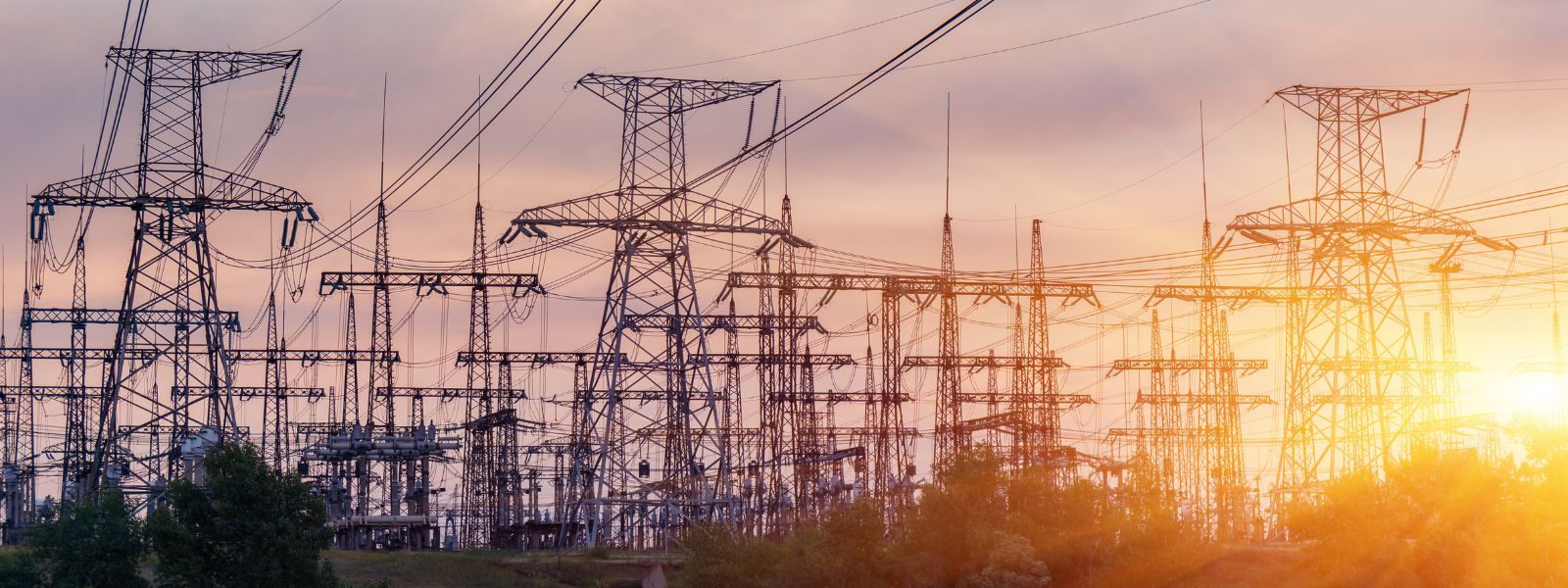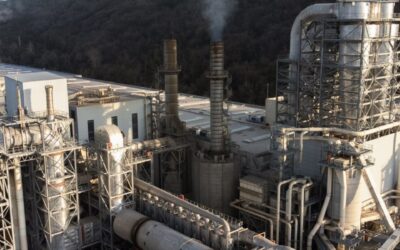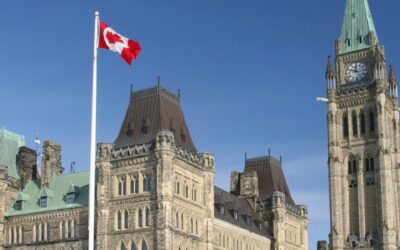OTTAWA — Dale Beugin, Executive Vice President of the Canadian Climate Institute, made the following statement in response to the federal government’s latest additions to the list of nation-building projects:
“The latest round of major projects signals the federal government aims to compete in the global energy transition by supporting industrial electrification and expanding critical minerals mining in partnership with Indigenous peoples. As Canada looks to reduce its domestic emissions and grow its exports in markets beyond the United States, aligning robust climate policy with emerging economic opportunities is essential for Canada’s future competitiveness.
“To realize the low-carbon growth potential of several projects announced today, the federal government should move swiftly to implement the core policies underpinning its climate competitiveness strategy—such as strengthening industrial carbon pricing, finalizing methane regulations for oil and gas, and putting clean electricity tax incentives and regulations on the books. Prioritizing implementation of these policies can create the certainty required to mobilize private investment into major projects and will help align economic development with Canada’s climate goals.
“In particular, building out bigger, cleaner, smarter electricity systems across the country will be necessary to deliver on Canada’s emissions goals and to attract investment in large projects looking for access to abundant clean power.
“Today’s announcement, combined with the recent commitment to the Critical Minerals Sovereign Fund, offers significant potential to accelerate critical minerals development in the country, which is a multi-billion dollar economic opportunity. Canada has the raw materials the world needs to transition to cleaner, electric technologies and these actions show the government is serious about positioning Canada as a leader in this sector.
“Moving forward with the North Coast Transmission Line, in partnership with First Nations, marks a significant investment in connecting industry across northern B.C. with the clean electricity they need to grow. On a cautionary note, however, recent commitments to expand Canadian liquefied natural gas (LNG) production will increase domestic emissions with no guarantees that LNG exports will reduce emissions abroad. The exact size and scope of these impacts will be determined by the stringency of climate policies that have yet to be finalized, which further underlines the urgent need for policy implementation.”
– 30 –
Resources
- Media statement | Budget 2025 takes clear steps to strengthen Canada’s climate competitiveness
- Blog | The federal government should act decisively to modernize industrial carbon pricing
- 440 Megatonnes Insight | Finalizing Canada’s oil and gas methane regulations would be an easy win for climate progress
MEDIA CONTACTS
Claudine Brulé (Eastern Time, English / français)
Lead, Communications and External Affairs
(226) 212-9883
Krystal Northey (Mountain Time, English)
Lead, Public Affairs
(226) 212-9883
About the Canadian Climate Institute
The Canadian Climate Institute is Canada’s leading climate change policy research organization. The Institute produces rigorous analysis, economic modelling, and in-depth research focused on incentivizing clean economic growth and low-carbon competitiveness, reducing emissions and accelerating Canada’s net zero energy transition, and making our economy and infrastructure more resilient to a warming climate.





